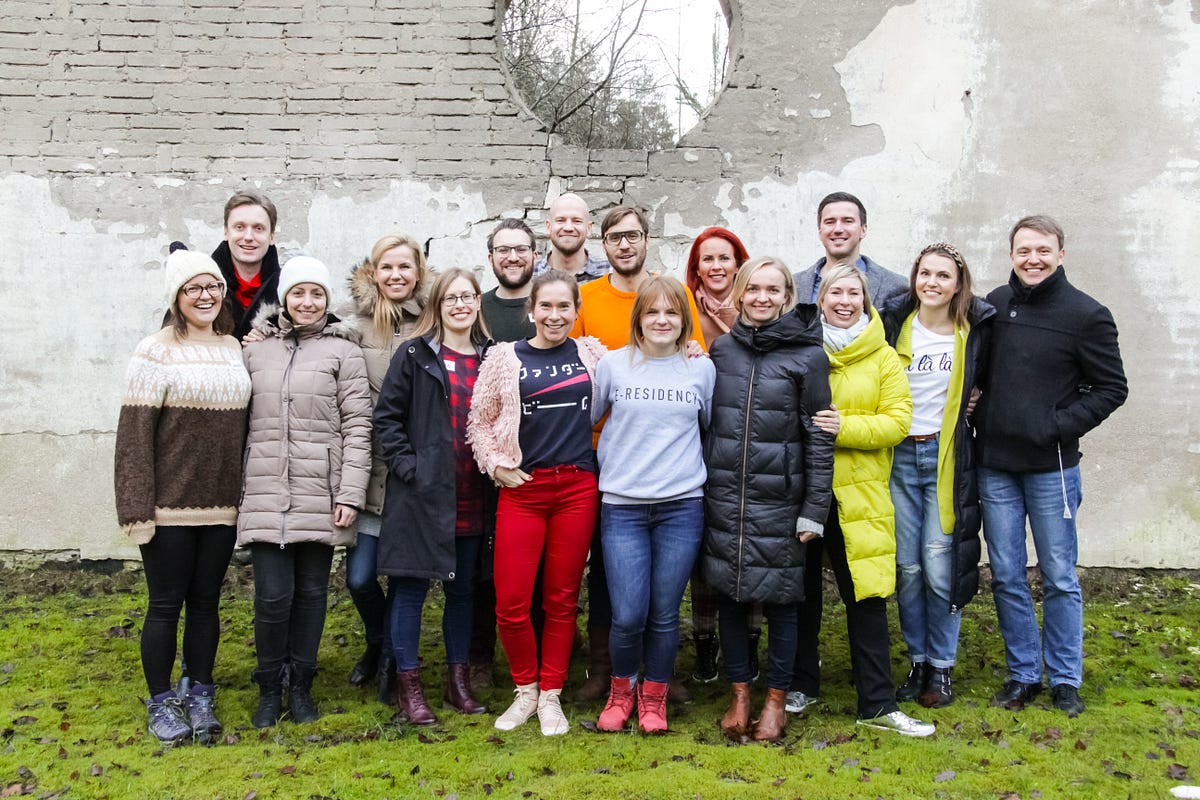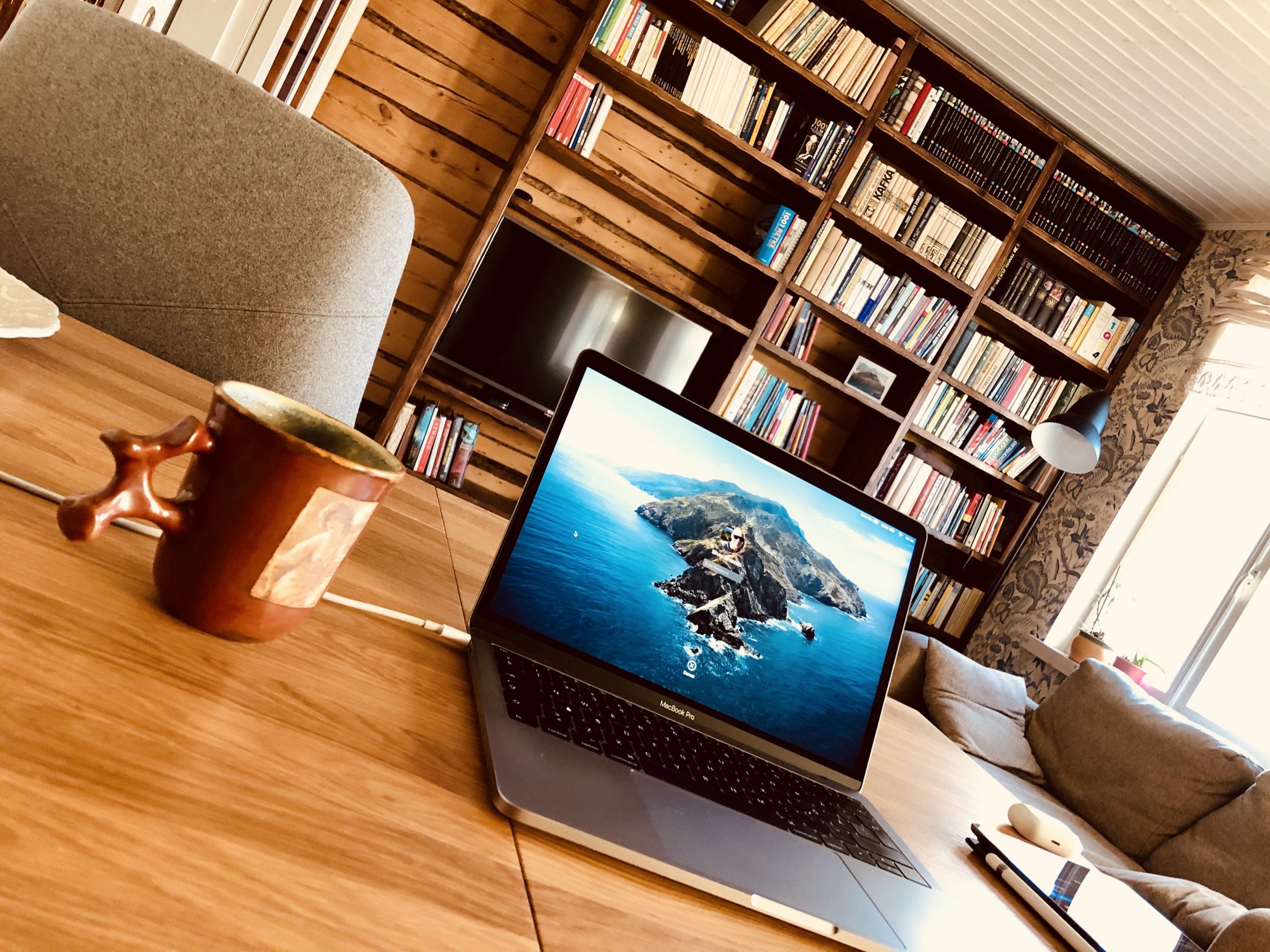10 ways e-residents are adapting their businesses during the crisis
From the covid pivot to R&D: results from our community survey on the impact of coronavirus
The survey confirms that the ‘covid pivot’ is more widespread.
Who participated?
1535 people participated in the survey, including 1115 e-residents.
Just under half of the e-residents surveyed have registered companies in Estonia, and these 516 people are the focus of this article.
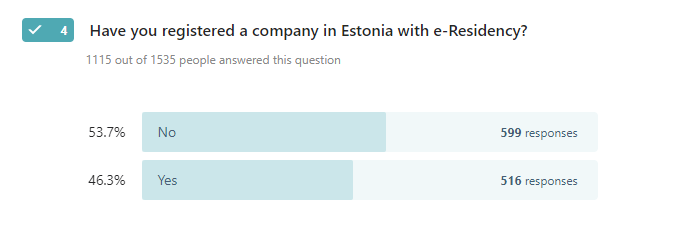
Impacts of COVID-19 on e-resident companies
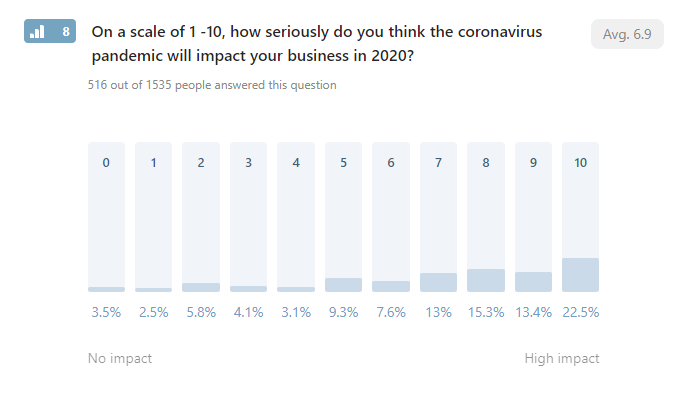
The majority of responses identified several key topics affecting them:
Some respondents said the crisis has had no effect and a few people said it has even helped their business or find a better work/life balance.
When asked about the biggest obstacle facing their companies, the vast majority nominated conditions brought about by COVID-19:

The covid pivot: how e-residents are responding
In the e-Residency team, we’ve even given this a nickname — the ‘covid pivot’.

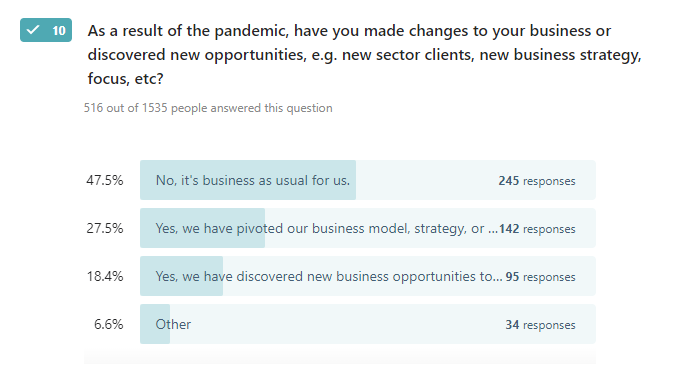
How has e-Residency helped during the crisis?
But has e-Residency itself helped?
Learn more about starting an Estonian company as an e-resident:
Another described it as simple as:
Or as one respondent said:
“Efficient e-life in Estonia”
We couldn’t have put it better ourselves!
More from e-Residency
- Sign up for our newsletter
- Watch fresh video content - subscribe to our Youtube channel
- Meet our team and e-residents - register for our next Live Q&A
